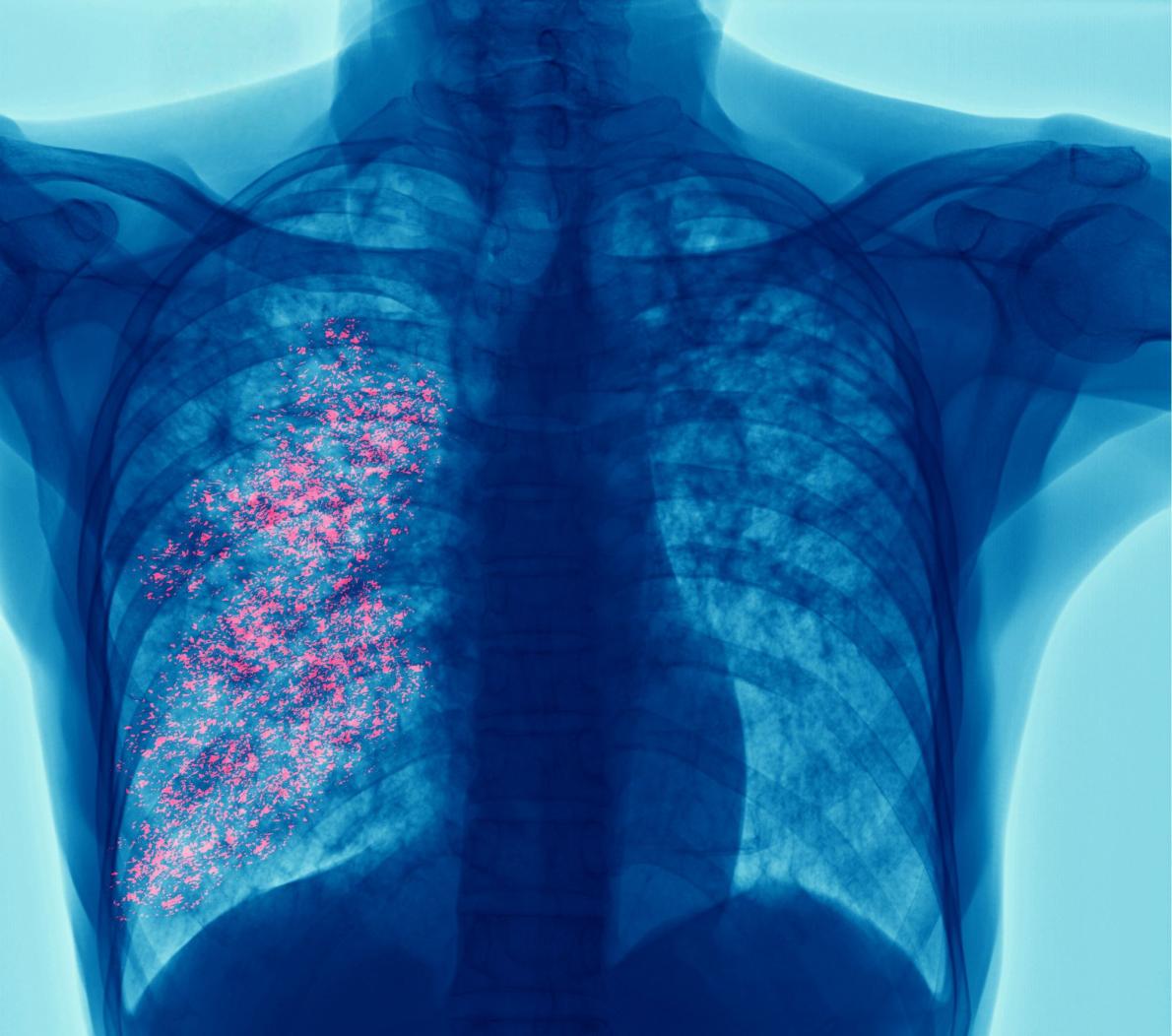
Interstitial lung diseases (ILDs) encompass a diverse group of disorders that cause progressive scarring of lung tissue. Their causes range from autoimmune conditions to environmental exposures to genetic variants, yet they share a common outcome—damage that limits oxygen uptake and consequent respiratory failure. Even with modern imaging and molecular tools, ILDs remain among the most difficult lung conditions to diagnose and treat. Many patients never receive a definitive cause for their disease and some ILDs (such as idiopathic pulmonary fibrosis) progress despite aggressive therapy.

For Michael T. Forrester, MD, PhD, Medical Instructor in the division of Pulmonary, Allergy, and Critical Care Medicine, these diagnostic uncertainties and treatment shortcomings define the scientific challenge. His research aims to illuminate the molecular mechanisms that drive fibrosis, the excessive scarring response underlying many ILDs, and to identify targets that could prevent or reverse that process.
Forrester’s research program focuses on how protein post-translational modifications (PTMs) regulate cell behavior, particularly a lipid attachment known as S-palmitoylation that piqued his interest in graduate school. This reversible modification acts as a molecular switch: it determines where proteins are positioned within the cell membrane and how they interact with signaling partners. Forrester is exploring how S-palmitoylation influences TGF-β signaling, arguably the most pro-fibrotic pathway implicated in many ILDs. Other areas of his research program include investigating the roles of lung Cyp450 enzymes in drug/exposure-related ILDs and development of novel genetic screening tools to identify PTM regulators.
“TGF-β signaling is one of the most important drivers of fibroblast activation,” Forrester said. “Global inhibition of the pathway has shown toxic side effects, so the key is finding ways to selectively intervene.”
With a new five-year, $825,809 Mentored Clinical Scientist Research Career Development Award (K08) from the National Heart, Lung, and Blood Institute, Forrester will examine how S-palmitoylation shapes TGF-β receptor behavior and how this interaction may determine whether fibroblasts remain quiescent or become fibrotic. His project, Role of Protein S-Palmitoylation in TGFβ Signaling and Fibrotic Lung Disease, builds on findings suggesting that this lipid modification plays a previously unrecognized role in regulating pro-fibrotic signaling.
Embedded in the laboratory of his K08 mentor Dr. Purushothama Rao Tata, Forrester uses a combination of molecular biology, proteomics, and machine learning approaches to map this signaling landscape. The findings could reveal new therapeutic points of intervention—ways to ameliorate fibrosis while preserving TGF-β’s homeostatic roles.
The K08 award also represents a major step toward independence for Forrester as a physician-scientist. The support provides both funding and protected time to balance laboratory research with clinical care for patients with ILD. “The grant makes it possible to maintain a high level of research effort while continuing to see patients,” he said. “It’s a bridge that allows clinical experience to inform scientific questions in real time.”
Forrester works closely with mentor Purushothama Rao Tata, PhD, in the Department of Cell Biology, whose expertise in lung regeneration and cell biology complements Forrester’s translational and molecular backgrounds. Their collaboration bridges basic mechanisms and disease application, reflective of the future of pulmonary research.